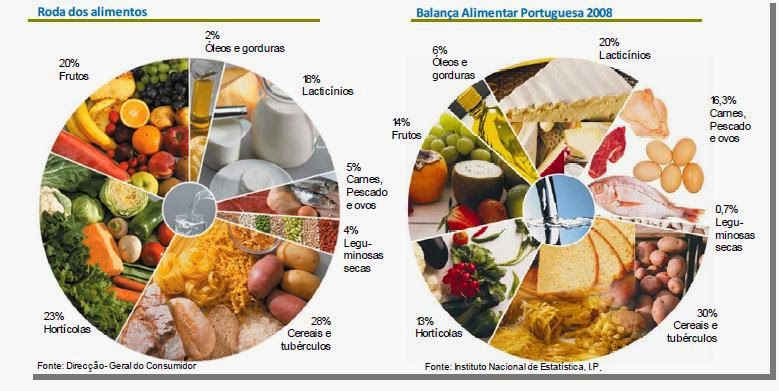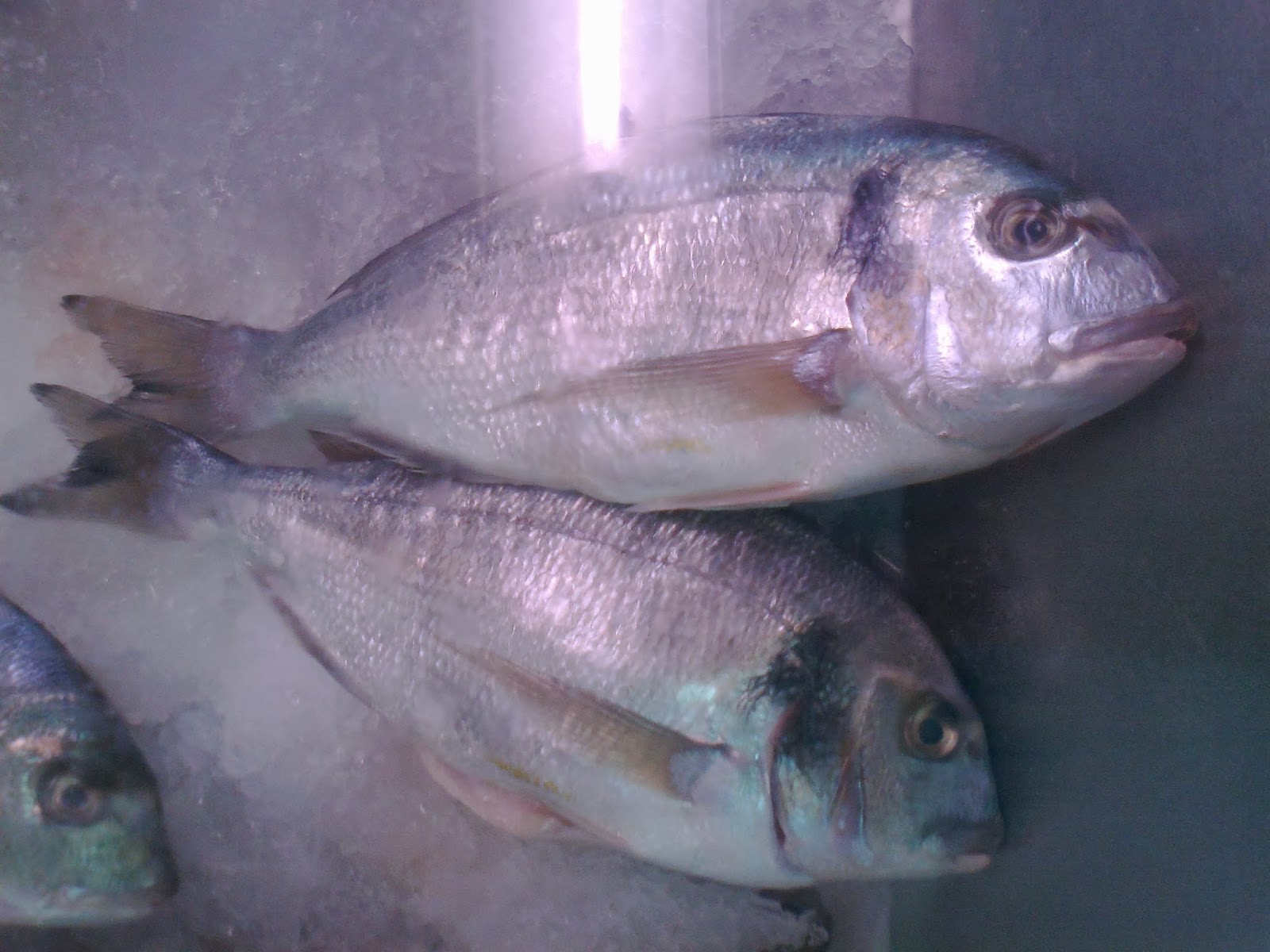Portuguese Food Balance Sheet

De facto, para se alcançar a tipologia de consumo preconizada pela roda dos alimentos, os cidadãos residentes em Portugal deveriam aumentar em cerca de 5 vezes as quantidades consumidas de leguminosas secas e suplementar ainda a sua dieta com hortícolas e frutos em, respectivamente, mais 79% e 48%. Por outro lado, o consumo de carne, pescado e ovos e de gorduras e óleos é excedentário, tornando-se necessário reduzir as quantidades disponíveis para consumo em, respectivamente, 70% e 67%. Portuguese consume 10% more meat/seafood than they should to achieve the healthy requirements (INE 2010). In the other way around, less 10% of vegetables. A shift from one to another would reduce environmental impacts and provide a healthier diet.


